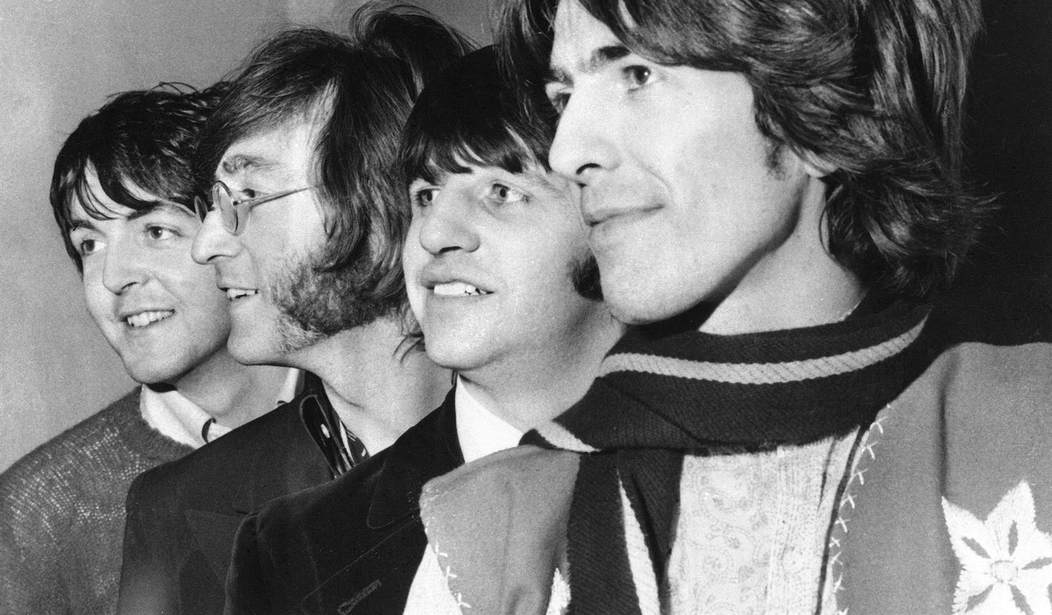According to the music sales data company MRC, “old songs” now represent an astonishing 70% of the U.S. market. It’s even more noteworthy on streaming platforms, where the 200 most popular tracks now account for less than 5% of total streams.
The current list of most downloaded tracks on iTunes is filled with the names of bands from the last century like The Police and Credence Clearwater Revival, according to author and musician Ted Gioia.
I saw it myself last week at a retail store, where the youngster at the cash register was singing along with Sting on “Message in a Bottle” (a hit from 1979) as it blasted on the radio. A few days earlier, I had a similar experience at a local diner, where the entire staff was under thirty but every song more than forty years old. I asked my server: “Why are you playing this old music?” She looked at me in surprise before answering: “Oh, I like these songs.”
Warner Music just acquired David Bowie’s songbook for a cool $250 million. There’s gold in old songs, and everyone in the business knows it.
It makes one think that attitudes toward popular music have changed in recent years.
The reasons are complex—more than just the appeal of old tunes—but the end result is unmistakable: Never before in history have new tracks attained hit status while generating so little cultural impact. In fact, the audience seems to be embracing en masse the hits of decades past. Success was always short-lived in the music business, but now it hardly makes a ripple on the attention spans of the mass market.
A few hearty souls take solace in the fact that only songs released in the last 18 months get classified as new in the MRC database. But that’s cold comfort indeed. I doubt these old playlists consist of songs from the year before last—and even if they do, this still represents a stinging repudiation of the pop culture industry, which is almost entirely focused on what’s happening right now.
Related: NOW Will You Get Vaccinated? Jonas Brothers and Biden Make Cringy Pro-Vax Video
The old music show, Dick Clark’s American Bandstand, might hold some clues as to why new music isn’t as impactful as old music. Clark always tried to be a trendsetter and would play some unreleased or newly released songs on his show. Afterward, a teen would be asked to rate the song.
“Why did you rate the song the way you did?” Clark would ask. “I liked the music and I could dance to it,” became the standard reply.
There is something pleasing to the ear and the mind about melody. There’s a sweet spot in our souls that some songwriters can touch, making a song memorable — even legendary. Those songs that mark important times in our lives — the song that was playing when we kissed our first sweetheart or the song that we associate with breaking up with that sweetheart — only melody can strike the heartstrings and make memory a living thing.
I find hip-hop dramatic but not very melodic. The rhythms are exciting and the wordplay extraordinary, but little if any of that poetry will be remembered after the artist is gone.
There are some songs that are remembered because we associate them with a person or an event. But even young people today recognize the value of older songs because they “like the music and they can dance to it.”
As soon as the music industry gets back to making music and not trying to send a message, the kids will be back.










Join the conversation as a VIP Member